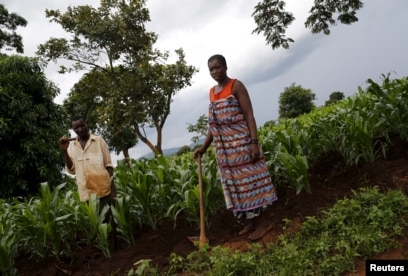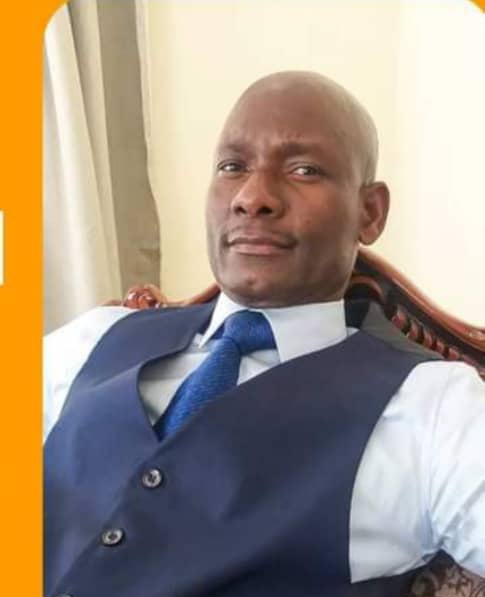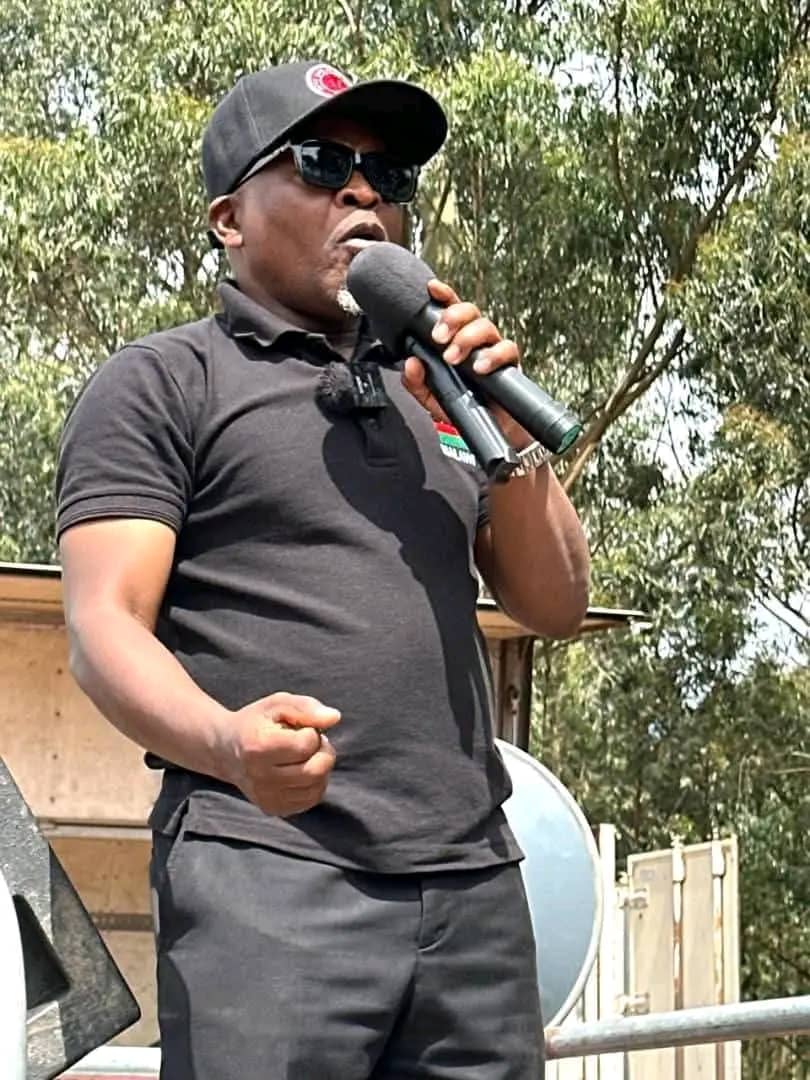The recent arrest in Malawi of three opposition politicians accused of planning to unseat President Peter Mutharika is dissent from various sections of the society. Since Sunday, Malawi police have rounded up three officials of the main opposition Malawi Congress Party, or MCP, for allegedly plotting a coup through a WhatsApp conversation. A fourth suspect, who police say is outside the country, has yet to be arrested. Rights groups think the arrests are politically motivated.
Malawi has no technology to do surveillance on WhatsApp and other social media.
However, the police say they have arrested MCP executive Ulemu Msungama, spokesperson Jessie Kabwila and the party’s legal adviser Peter Chakwantha, after they received a tip about a WhatsApp chat discussing how to unseat Mutharika.
“We got information that there is that information on WhatsApp from our reliable sources. There are so many well-wishers who wouldn’t want to see Malawians in the future to be running up and down because of something that has been left out without being checked,” said Lexten Kachama, the Malawi Police Inspector General.
The police charged the suspects with treason. They are currently on bail awaiting formal charges.
Political analyst Vincent Kondowe said that move is questionable.
“It’s only the High Court that can give bail to cases of treason. So, that itself confirms that these are only politically motivated arrests and they only serve political expediency and that there is no substance in them after all,” said Kondowe.
One of the WhatsApp conversations seen by VOA says that President Peter Mutharika can be taken down the same way former Egyptian President Hosni Mubarak was removed from power.
Generally, conversations centered on ways to address social and economic problems Malawi currently faces.
Kondowe said the suspects were only exercising their constitutional freedom of expression.
“If you look at substantive issues on that particular conversation, they border on freedom of expression that people are reacting and evaluating their government which they elected on trust. So the conversation in itself does not constitute treason at all,” he said.

‘Clearly doctored’
One of the suspects, Jessie Kabwila, a parliamentarian, told local radio that she feels some of the WhatsApp messages were altered.
“I am not saying I am not part of it. I can recognize some of the words [I had written] but some of them really sound doctored. WhatsApp messages flow. [But here] the data is funny and some of the places that were supposed to be a name were clearly doctored,” said Kabwila.
Rafik Hajat of the Institute for Policy Interaction, a think tank, said what the suspects were writing about is not unfamiliar to Malawians.
“What this group is discussing is the currently pitiful situation Malawi is in — the shortage of food, three million people starving; our currency the Malawi Kwacha plummeting; and basically it is a whole litany of trials and tribulations which the government seems to have no clue how to resolve,” said Hajat.
Presidential spokesperson Gerald Viola told VOA that although treason is a serious matter, President Mutharika does not take the conversations seriously.
“No no no no, the president is not moved because he knows that in Malawi the person is given the position of the president through a vote, so he is not intimidated. He is just probably laughing at the matters that were discussed,” said Viola.
He said the government is awaiting results of a full investigation.
This is the second time within a month for officials of the MCP to be implicated in an attempt to topple the government.
Early this month, the ruling Democratic Progressive Party said it had intelligence information that MCP with assistance from the international community was plotting to unseat president Mutharika by June this year. MCP officials denied those allegations




